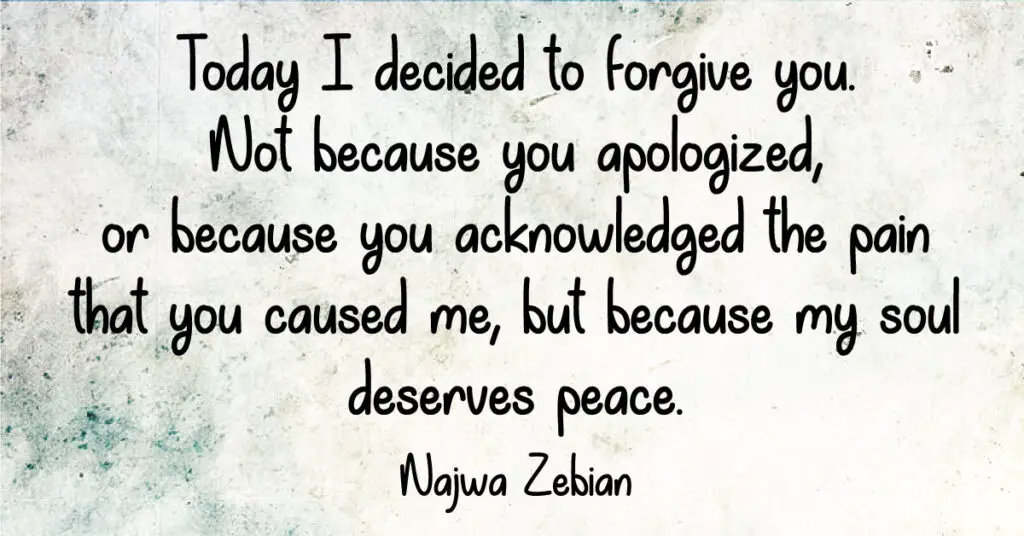Relationships are complex and require effort from both partners to be successful. Respect and fidelity are fundamental building blocks that contribute to a healthy relationship. Respect means showing consideration for the other person’s feelings, thoughts, desires, and opinions, regardless of whether it is convenient for us or not.
Fidelity demands that we remain loyal to our partner in words and actions, never straying from the commitments agreed upon in our relationship. Both of these qualities must be mutually demonstrated if a relationship is to stand the test of time and remain strong through any hardships that may arise. Without respect, certain resentments can grow between partners and cast doubt on one another’s trustworthiness.
Without fidelity, dishonesty could ruin any chance of genuine joy in the relationship, as well as destroy all possibility of lasting intimacy. Respect and fidelity ensure each person knows they are valued by their partner, which helps create a sense of security within the relationship. This foundation allows couples to express their love freely without fear or suspicion; understanding that their bond will be preserved regardless of what life throws at them.
Recovering from a breakup due to cheating can be very difficult and stressful. After the initial heartache has settled, the trauma of betrayal may still linger in one’s mind. If two people could not reach an understanding and find a common ground after infidelity, then a breakup becomes inevitable. However, even if it is over for good, there is still hope to experience personal healing afterward.
Here are 10 Steps To Emotional Recovery After Your Partner Cheats
Acknowledge Your Feelings
Acknowledging your feelings is an essential step in the process of recovering from a cheating partner. It may be tempting to try to suppress or ignore these emotions, but it is important to recognize them in order to move through them. Allowing yourself to experience whatever emotions come up, such as sadness, anger, confusion, and hurt is a healthy way to cope with the pain of the betrayal. Doing this will also help you gain clarity about what happened in the relationship and how you can begin the healing journey afterward.
Allow Yourself to Grieve
Grieving is an important part of the recovery process. It can be difficult to accept and understand that your partner has caused you hurt and pain, but it is important to allow yourself to fully feel all the emotions involved. Sadness, anger, confusion, and other emotions often accompany such a betrayal. Allowing yourself to truly grieve these feelings will help you on the journey toward healing from this trauma. Take time for yourself—whether it’s spending time outdoors or engaging in activities that bring you joy, to give yourself space to work through the sadness and anger that may come up during this journey. This kind of self-care will be beneficial in long-term recovery from the betrayal of infidelity.
Talk it Out with a Professional
Talking to a professional can be an important step in the healing process. A qualified therapist can help you make sense of your feelings, gain perspective on the situation, and learn tools to help cope with potential triggers in the future. Counseling can also provide a safe space for you to work through any guilt, shame or fear that may arise from the betrayal.
Be Honest with Yourself
It can be difficult to examine your own role in a situation, but being honest with yourself about this betrayal is an important step in the healing process. Take an honest look at yourself and evaluate where things went wrong. Ask yourself why cheating may have occurred and think about how you can learn from this experience going forward. Taking responsibility for your actions and acknowledging how they contributed to the relationship dynamic is essential if you want to move forward with confidence.
Evaluate Your Needs in a Relationship
It’s important to take the time to evaluate what it is you need in a relationship. Ask yourself why you were drawn to this partner and consider what kind of relationship dynamics won’t be tolerated going forward. Reflect on your needs and boundaries, so that you know how to better protect yourself in any future relationships. Doing this can help prevent another betrayal and provide the security needed for a healthy connection with someone else.
Focus on Self-care
Taking care of yourself is key when going through a challenging situation like this. Make sure to prioritize sleep, nourishing meals, exercise, and time spent with people who care for you. Self-care is essential for helping to heal from any pain or hurt that has emerged from the betrayal. Focusing on yourself and engaging in activities that make you feel good can help you regain control and restore trust in your own judgment.
Find Positive Coping Mechanisms
When negative thoughts start to creep up, it’s important to have positive coping strategies in place. Mindfulness practices such as yoga and meditation can help clear away destructive thoughts and redirect any anxieties or worries. Finding a positive outlet for expressing emotions and challenging yourself to be present can help you gain clarity and understanding of the situation. Connecting with a counselor or support group can also provide an invaluable space where you can further process your emotions and experiences.
Let Go of the Blame
Blame will not lead to healing when it comes to dealing with the aftermath of infidelity. It is important for both partners to take accountability for their own actions but it is also important to let go of blame and start using more constructive, positive thinking that can help bring about healing. Acceptance and forgiveness are essential steps in the journey toward recovering from hurt or pain brought on by betrayal. Reframing your thoughts and emotions, with a focus on self-empowerment, can be a powerful tool in aiding you on this path.
Reconnect With Yourself Through Hobbies
Finding time for yourself and activities that bring you joy can be a great way to reconnect with yourself during times of stress or difficulty. Taking up new hobbies or revisiting old passions can help you to re-engage with your creative side and provide an outlet for self-discovery, helping to build your self-confidence. Pursuing activities such as painting, gardening, or photography can also help you develop your strengths while providing an opportunity to practice mindfulness and stay present in the moment.
Start Building Trust Again
As much as possible try staying focused on rebuilding trust between your partner by setting realistic expectations for yourself (and each other) as well as other boundaries that were not there before such as communication protocols or no contact rules during certain hours of the day etc, so that true reconciliation may occur eventually from both sides without resentment or difficulty.








